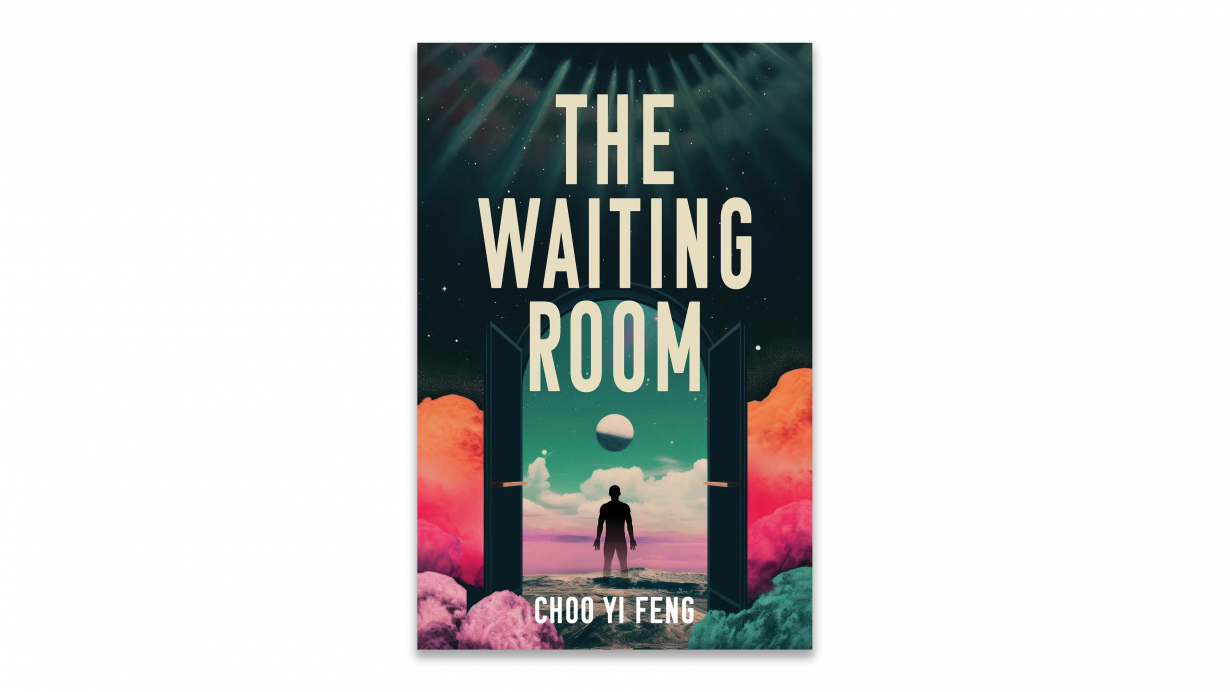These stories highlight both Choo’s meticulous world-building capacity and the limitations (of language) when it comes to making the alien legible

Purgatories abound in Choo Yi Feng’s distinctively fantastic take on Singapore and Southeast Asia, in which humans and nonhumans alike yearn for love in worlds that are as unbearably polluted (to apocalyptic levels) as they are banal. From a gay man’s crisis of faith when he begins to be haunted by the ghost of his hell-bound mother, to a sea witch seeking to assemble and birth a new incarnation from the dying body of an unfortunate soldier, to the struggles of a sex worker in Bangkok as she weighs the benefits of taking up with a smitten Australian suitor, the earthy tales of Choo’s short-story collection offer a cohesive, though occasionally bloated, vision of how society and the ecologies with which it is entangled are necessarily queer. Finding a certain resonance with weird fiction, the somewhat loosely defined literary genre that often crosses transgressive materials with the registers of speculative and horror fiction, Choo’s stories swap sex for scares with a surprisingly delicate touch that highlights the corporeality of desire without being vulgar or maudlin.
Two main modes structure the collection’s 13 stories: character studies set within parallel but not radically different versions of Singapore and Southeast Asia, in which the same general social conservatism and liberal economic context remain; and more experimental explorations of places and entities set after unspecified crises have altered the environment beyond recognition. In stories such as ‘Spider Hunters’, ‘The Waiting Room’ and ‘Paper Beats Stone’, regular Janes and Joes wrestle with the forces of society and crushing existentialist realisations in fantastic encounters that may be magical or mundane. In ‘Spider Hunters’, the brutal interruption of a young lesbian’s romantic and sexual encounter with her neighbour and childhood friend by her partner’s parent triggers the appearance of a mysterious, eldritch spider-figure that offers her a Faustian bargain for love; in the title story, a young man’s ghost lingers after his suicide, in order to accompany his half-brother, who is awaiting sentencing after murdering his ex-girlfriend’s current beau, and begins a journey of self-discovery and meditation on grief from beyond the grave. In ‘Paper Beats Stone’, a poignant study of the pathology of guilt and shame in the formation of queer self-identities, the relationship between two men slowly deteriorates when one of them suddenly develops a severe skin illness.
Meanwhile, stories such as ‘Sentosa Forever’, ‘An Investor’s Guide to Abyssal Burial’ and ‘Plastic Bag Girl’ wade into stranger territories, with characters less recognisably human or even organic. In the first, the mutated survivor of a viruslike pollutant hungers to escape the quarantined police-state of Singapore island to the nearby island of Sentosa after rising sea levels and the spread of mutagens have rendered most places inhospitable; in the second, the lingering memories of errant souls who have been buried in the deep sea are interwoven with corporate sales-copy for the same burial service to create a contrasting study of what biological death and the end of consciousness could entail in the larger ecosystem; in the third, a mysterious mute busker who can manipulate and animate plastic seeks to become a fully petro-chemical being. Serving as parables of the sort that challenge the primacy of human subjectivity and offer different possibilities of being, these stories highlight both Choo’s meticulous world-building capacity and the limitations (of language) when it comes to making the alien legible.
A promising entry in an emergent local and regional literary landscape of strange, speculative visions that challenge traditional structures and subject matters, Choo’s debut astutely excavates the undercurrents of our collective subconscious in order to ask the simple question of what it means to be human in a world in which the boundary between what is and what is not human is dissolving more rapidly and subtly than we realise.
The Waiting Room by Choo Yi Feng. Epigram Books, SGD20.90 (softcover)